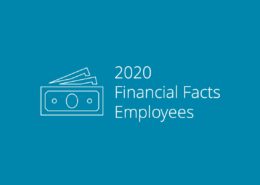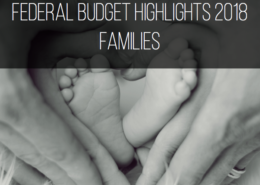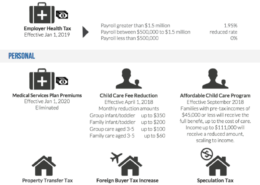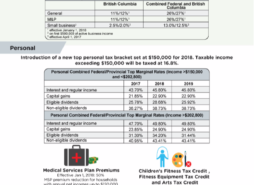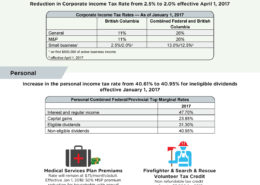Financial Planning for Business Owners
Our Process
Some of the biggest benefits of owning a business are the tax-savings opportunities available to small business owners (sole-proprietors, partnerships and incorporated businesses).
This starts with being able to claim for business some expenses that you would normally be paying for anyway (such as a reasonable part of your car expenses, your home office, cell phone, etc.). It can also end with you being able to claim up to $406,800 tax-free from the sale of your “Qualified Small Business Corporation”.
You can also use your corporation to save on taxes for your medical & dental expenses (through the Personal Health Savings Plan), your Critical Illness Plan (with extra tax savings when paired with a Return of Premium rider), and your life insurance (that can be passed on with tax-savings through the CDA/Capital Dividend Account).
All it takes is some proactive planning – because the day before you file your tax return is just a little too late to take advantage of these benefits.
On the other hand, the biggest risk to a business is probably the death or illness of key personnel.
So if you or someone in your organization is key to keeping the business going, it’s essential to have solutions in place to help make sure your business can ride through the wave of a sudden serious accident, major illness, or death of that key person.
This can include not only disability, critical illness or life insurance, but also financial plans to support your back-up plans to keep your business operating and avoid losing your customers.
After all, when you’ve worked so hard to get through the beginning years, you really wouldn’t want unexpected circumstances to put your back to where you started – or worse, in major debt.
So call me for a review of your old business financial plan or if you’d like a fresh set of eyes on it. I can also give you information on some not-so-common but can-be-very-effective tax-savings ideas that you can review with your business tax accountant (that he or she may not be quite familiar with).


